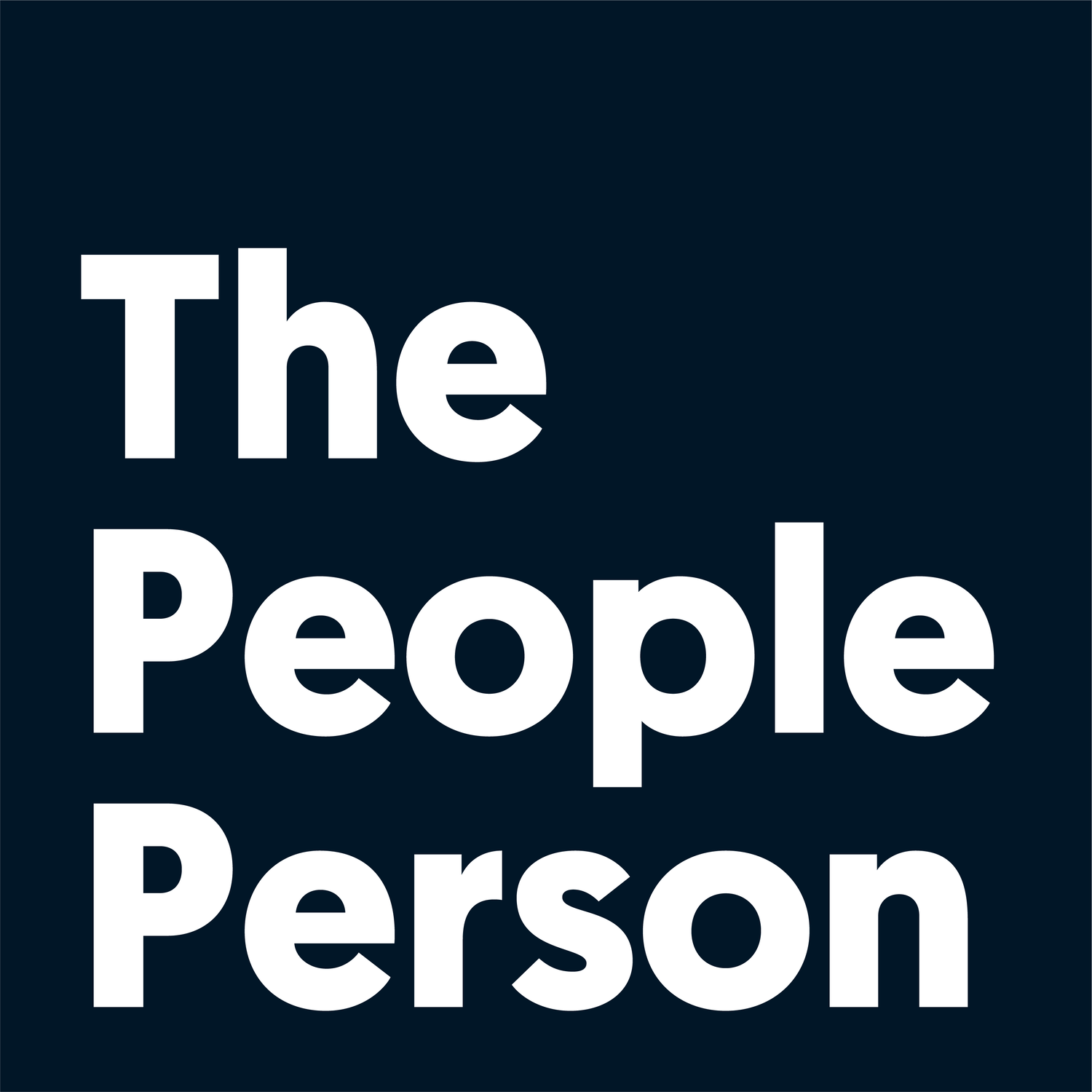Self compassion - the superpower you never knew you needed.
When you fail or make a mistake how do you usually deal with that? What kind of things do you say to yourself when you’re struggling? When you look in the mirror, do you look critically or compassionately at the person looking back at you?
In today's million-miles-an-hour world, it's all too easy to get caught up in the race for success and perfection. We often set unrealistic expectations for ourselves and, when we fall short, we can be our harshest critics. The access we have to other people’s seemingly perfect lives via social media doesn’t help with the feeling that somehow we don’t have enough, aren’t enough, or are getting it wrong.
Self-compassion is a way of treating yourself with kindness and understanding, especially when you face difficulties, insecurities or personal failures. It's about acknowledging your imperfections and extending the same warmth and acceptance to yourself that you’d give to a close friend. Contrary to popular belief, self-compassion is not the same as self-pity, self-indulgence or simply letting yourself off the hook. It's about finding a balanced and healthy way to relate to your own experiences, neither ignoring nor exaggerating your pain. Compassion, including compassion towards self, is the first pathway of my People Person’s Way methodology for good reason.
There are several misconceptions surrounding self-compassion. Some people think that it means being weak or that it will lead to complacency. Research has shown that the opposite is true. Self-compassion actually promotes resilience and motivation to learn from mistakes and grow. It's about recognising we're all human and failure is a natural part of life.
So, why is self-compassion a superpower?
Improved mental health: Studies have demonstrated that self-compassion is linked to lower levels of anxiety, depression, and stress. By acknowledging our struggles and treating yourself kindly, you can create a more positive mental space in which to cope with life's challenges.
Enhanced resilience: When you approach difficult situations with self-compassion, you're more likely to bounce back from setbacks and persevere in the face of adversity. This resilience enables you to grow and thrive even in the most challenging circumstances.
Better relationships: Practising self-compassion can lead to healthier relationships with others as we're more likely to be empathetic, understanding, and supportive. It can also reduce the tendency to engage in harmful self-sacrifice or codependency.
Increased self-awareness: Self-compassion fosters a deeper understanding of our own thoughts, feelings, and behaviours. This self-awareness can help you make better choices and respond more effectively to life's challenges.
How you can build self compassion
Mindfulness: Begin by cultivating an awareness of your thoughts and feelings. Notice when you're being self-critical, and try to replace those thoughts with more compassionate ones. Be aware that what you’re experiencing is a moment of suffering.
Self-kindness: Treat yourself with kindness and understanding just as you would a friend. Encourage yourself with supportive words and actions, and avoid self-judgment and blame.
Common humanity: Recognise that we all experience pain and suffering and that you're not alone in your struggles. Remember that imperfection is a natural part of being human and extend empathy and understanding to yourself.
Self-compassion training: An 8-week Mindful Self-Compassion (MSC) course such as the one we offer in conjunction with Mindful Therapy in Ireland, has been scientifically proven to improve mental health, emotional regulation, and resilience. Studies show that participants experience significant reductions in anxiety (down by 26%), depression (decreased by 33%), and stress (reduced by 23%) after completing the course.
Self-compassion is a powerful tool that can transform your life, enhancing your mental health, resilience, relationships, and self-awareness. If you’re interested in learning more, please join the waiting list for the next intake of the MSC course which we run a couple of times a year.
